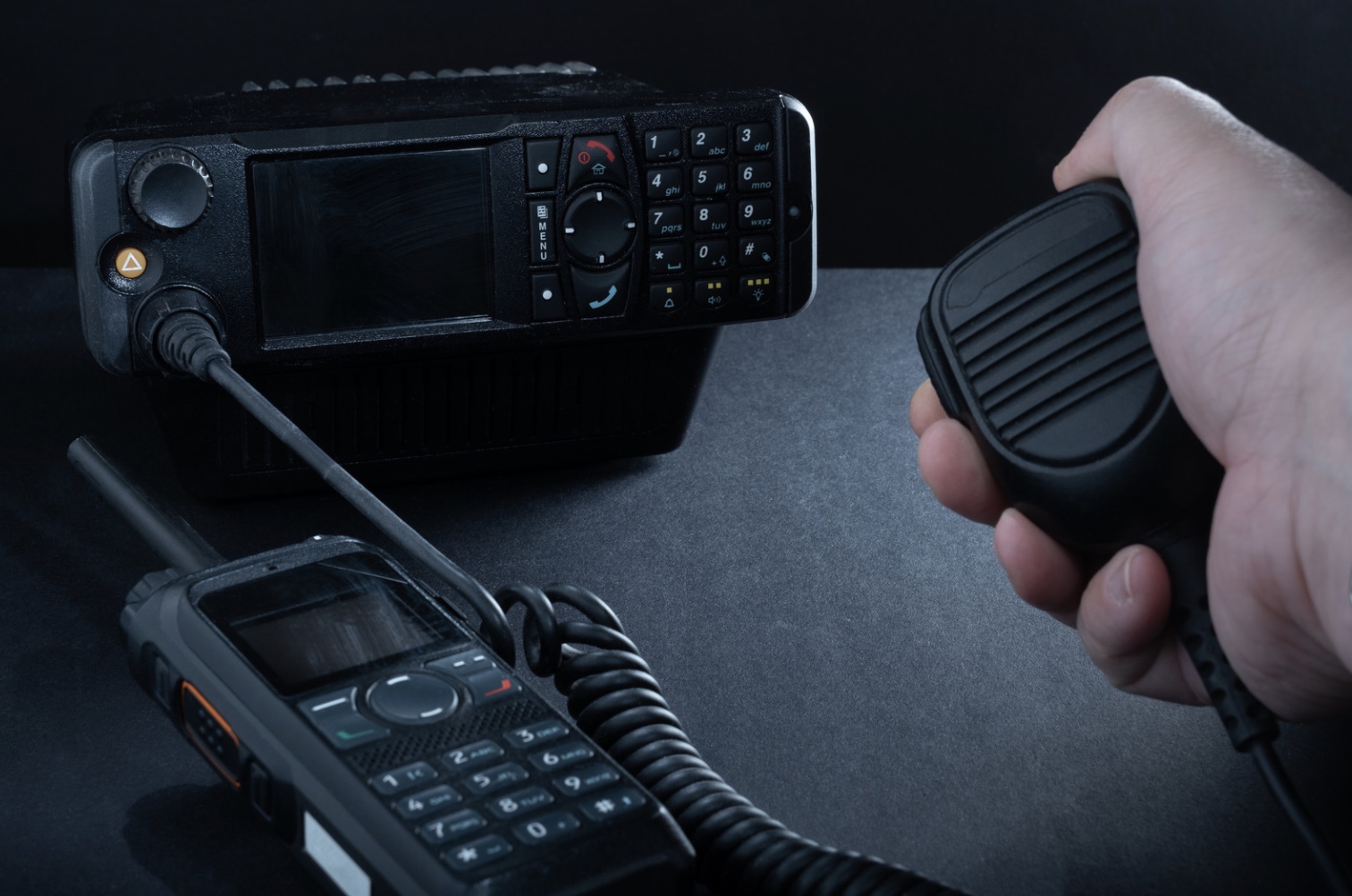1. Maintain emergency contacts. Create a list of emergency phone numbers, including emergency services, a family contact sheet, and “In Case of Emergency” (ICE) contacts, and put them into your cell phone.
2. If you have a life-threatening emergency, call 911. If you do not have a life-threatening emergency, then don’t call 911— phone lines are surprisingly easy to clog up in a disaster. Call the police or fire department instead, in these cases. 911 is mostly reserved for life-threatening or limb-threatening emergencies, and violent crimes actively in progress. Contributing to clogging up the line can cost lives.
3. Use social media instead of making voice calls. Data-based services like texts and emails are less likely to experience network congestion. You can also use social media to post your status to let family and friends know you are okay.
4. If you are unsuccessful in completing a call using your cell phone, wait ten seconds before redialing to help reduce network congestion.
5. Conserve your cell phone battery by reducing the brightness of your screen, placing your phone in airplane mode, and closing apps you are not using that draw power, unless you need to use the phone.
6. If you lose power, you can charge your cell phone in your car. Just be sure your car is in a well ventilated place (remove it from the garage). You can also listen to your car radio for important news and alerts.
ASCERTAIN - Do you need a radio?
A radio should always be in your disaster kit. However, it's important to understand the time and place to use it. Before you hop into a radio and start hooking up an antenna, try out other modes of communication first.
While this guide contains information that will help you listen and transmit over radio if you are forced to, refer back to PACE.
There is no reason to use radio, if you have not yet tried a satellite phone. Only if your primary recourse fails, should you switch to your alternate.

If you're in the wilderness, the likelihood of there being someone listening nearby to spread your signal over a longer range is unlikely. Even if you were to find someone, how would someone find you after contact?
After you’ve exhausted your options that rely on internet and satellite communication is it time to switch over to your contingency device— almost always, a radio.
Ham Radio (or just ham) is what most people will immediately default to, given a large-scale shutdown of things like internet connections and cell phone service. Ham is more than just talking to truckers with a walkie-talkie— it's barely even that. There are so many different aspects to ham that can focus on:
Ham is not only extremely long-distance, but is also incredibly resilient, and most importantly, decentralized. It's completely legal to listen to any radio communication. You only run into legal problems when you try to transmit through a non-consumer band, for which you need a license.
LEGAL INFORMATION
Transmitting over most radio bands without a license is generally illegal. Operating without a license or broadcasting outside of the authorized frequencies can result in significant penalties, including fines and equipment confiscation.
With that said, FCC Rule 97.405 states the following:
§ 97.405 Station in distress
(a) No provision of these rules prevents the use by an amateur station in distress of any means at its disposal to attract attention, make known its condition and location, and obtain assistance.
(b) No provision of these rules prevents the use by a station, in the exceptional circumstances described in paragraph (a) of this section, of any means of radiocommunications at its disposal to assist a station in distress.
What this means is that not only is listening to any radio communications completely legal, but it is also legal to transmit during an emergency. As such, owning radio transceivers and antennas, only listening through them, and communicating with them during an emergency breaks no laws in the United States.
If you intend for radio to be your fallback communication system in times of crisis, this should be your modus operandi.If you plan to use a ham radio regularly, it's essential to obtain a license to avoid legal complications.
The process is relatively straightforward, and provides you with the means to not only legally transmit for leisure, but also gives you the skill set to efficiently transmit during an emergency, respond to civilian distress calls and relay them to the authorities, and assist with getting your community on a communication grid again.